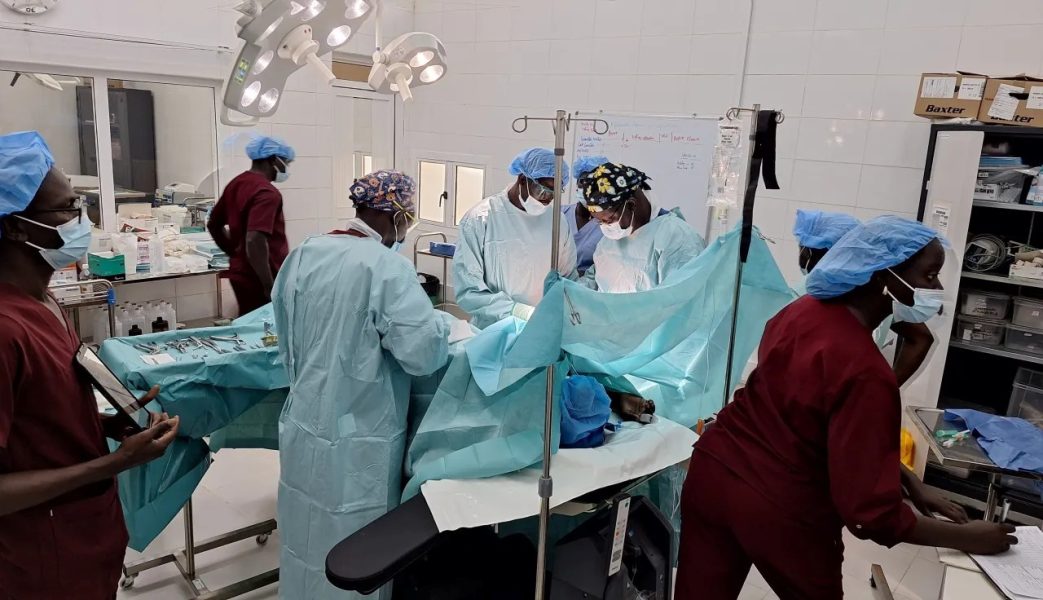
A growing influx of war-wounded patients is straining South Sudan’s already fragile healthcare system, as escalating armed conflict and worsening humanitarian conditions push medical facilities to their limits, international aid groups warn.
Thousands of civilians have fled violence multiple times, while hundreds have been killed or injured. The crisis is getting worse due to the return of refugees from Sudan, rising cholera infections, and the destruction of civilian infrastructure.
“We’ve been treating patients with life-threatening injuries from weapons, and the number has been so overwhelming that we had to expand our facilities,” said Fredy Aruni, an operating theatre nurse with the International Committee of the Red Cross (ICRC).
He added, “Some arrive with severe infections because it took too long for them to be evacuated. Just recently, I treated a five-year-old boy who had been shot twice. By the time he got to us, the wound was already infected; it was one of the most heartbreaking moments I’ve experienced.”
The presence of Uganda People’s Defence Forces (UPDF) has made the situation more violent. Ugandan forces have been accused of aerial bombardments and chemical weapon attacks against rebel positions and civilians.
South Sudanese civil society organizations have called for an investigation into UPDF’s alleged war crimes. Reports claim Ugandan forces have used chemical incendiary weapons and targeted Nuer civilians.
The UPDF denies these allegations, calling them false. Ugandan military officials insist their operations are precise and do not target civilians or involve chemical weapons.
The ICRC warns that destruction of infrastructure, including health facilities, is making the crisis worse.
“We see looting and attacks on civilian infrastructure,” said Florence Gillette, head of the ICRC delegation in South Sudan. “Strikes on health facilities are disturbing. These places are lifelines for the civilian population and protected under international humanitarian law.”
The ICRC has increased surgical operations and is engaging with all parties in the conflict to ensure protection for civilians, the wounded, and non-combatants.
“The respect for humanitarian principles is more crucial than ever,” said Gillette. “All those involved in the fighting must follow their obligations under international law.”

